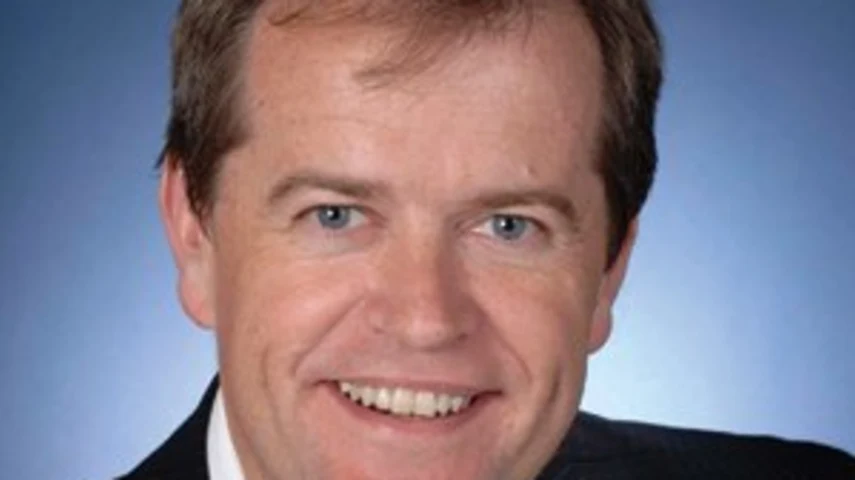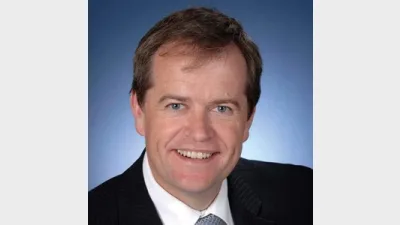Govt authorises first non-ASX clearing licence



The Minister for Financial Services and Superannuation, Bill Shorten, has granted the Financial and Energy Exchange Global Pty Ltd (FEX) an Australian Market Licence which allows it to operate a new derivatives market in Australia.
The Government has also approved the first non-ASX clearing licence, granting LCH.Clearnet Limited the power to clear and settle contracts traded on the FEX market.
It said the FEX market would expand the range of options for Australian investors to trade or manage risks associated with energy, commodity or environmental products.
"The granting of these licences will promote greater competition in Australia's derivatives trading markets," Shorten said.
"By encouraging competition we are promoting Australia as a financial services centre and helping ensure our financial markets are efficient and innovative."
He said the move underscored the Government's commitment to competitive financial markets, foreign investment and appropriate foreign participation in providing Australia's financial market infrastructure.
The FEX market is expected to become operational following the implementation of commercial and logistical arrangements in the next six months, with FEX and LCH working with the Australian Securities and Investments Commission and the Reserve Bank of Australia to ensure requirements are met.
LCH, while limited to clearing the FEX market, has expressed interest in offering services to Australia's OTC deriviatives market which the Government said would be assessed on merit.
Last November the Association of Superannuation Funds of Australia (ASFA) said allowing competition in clearing could have a negative impact on superannuation assets, including liquidity issues putting pressure on investment decisions.
Shorten made the announcement at the Australia-China Pension and Funds Management Dialogue in Beijing today.
Recommended for you
The super fund has launched Retirement Manager, a digital advice tool helping members plan income, spending, and retirement confidence with integrated support.
APRA has warned retail super trustees that financial adviser involvement in recommending platform products does not diminish their obligations, as regulators turned the spotlight on the Shield Master Fund and First Guardian Master Fund during a meeting with fund CEOs.
AMP’s chief economist has unveiled a wish list for the Australian government’s Economic Reform Roundtable.
Australian retirees could increase their projected annual incomes between 3 and 51 per cent by incorporating personal and household data into their retirement income strategies, according to new research.










